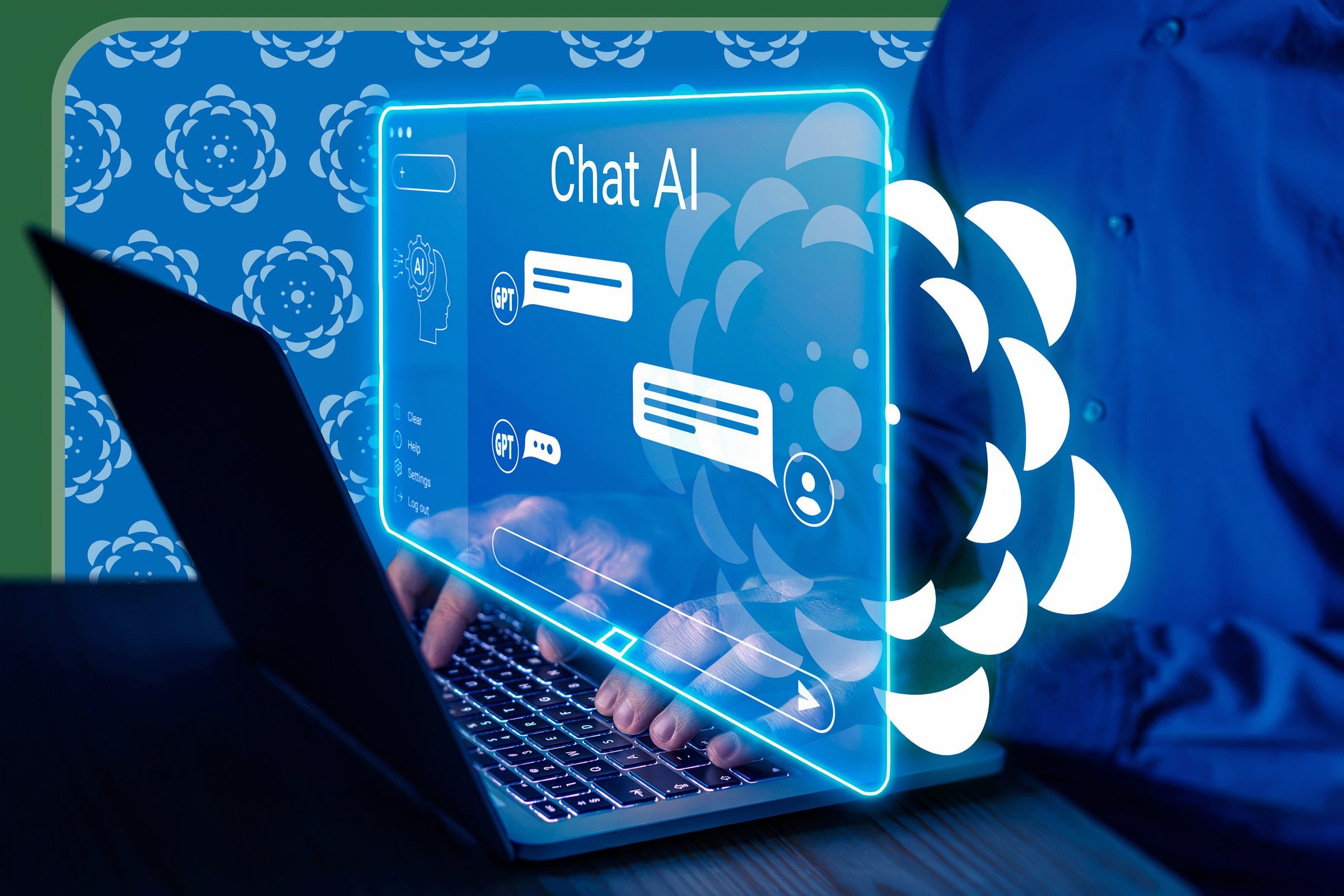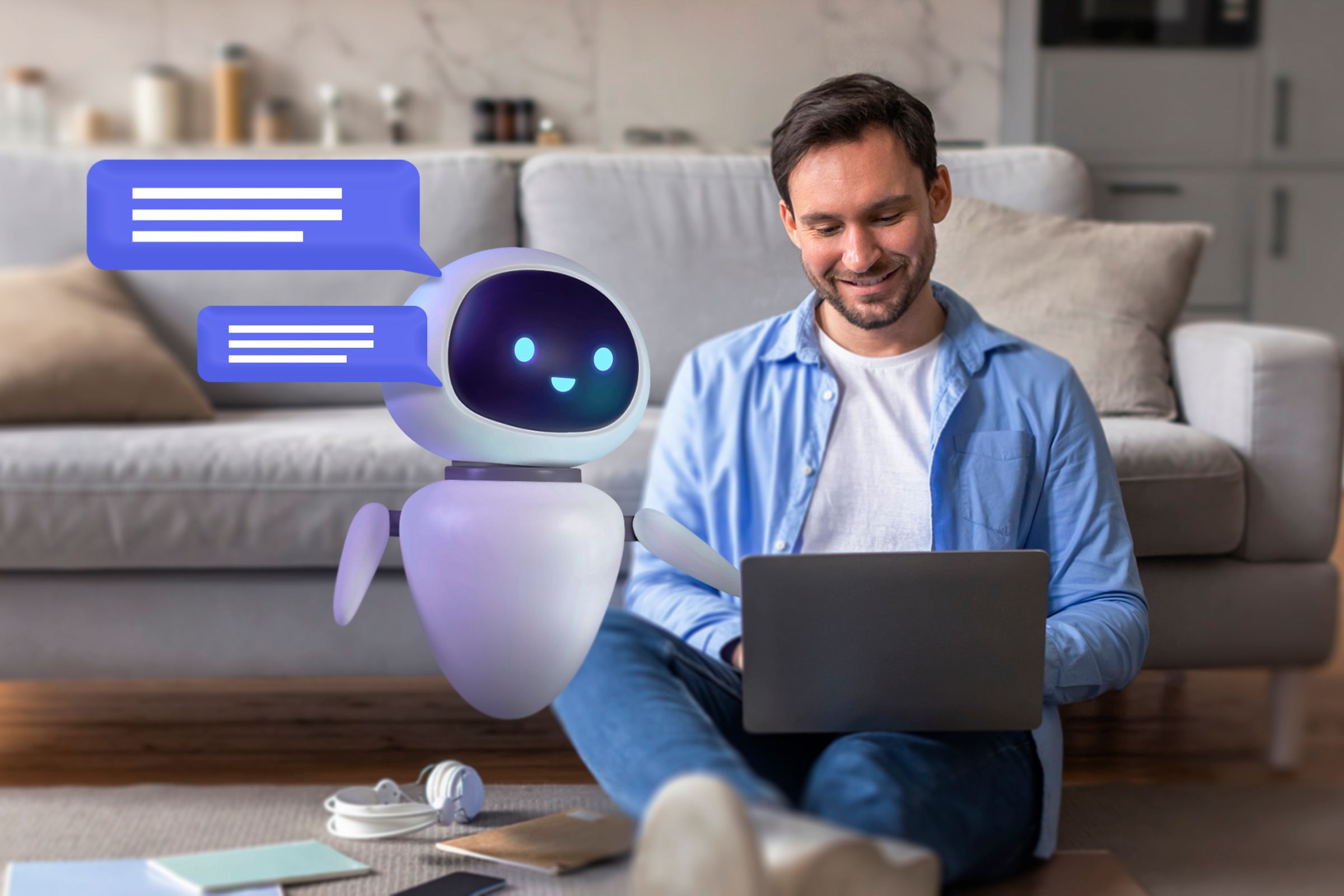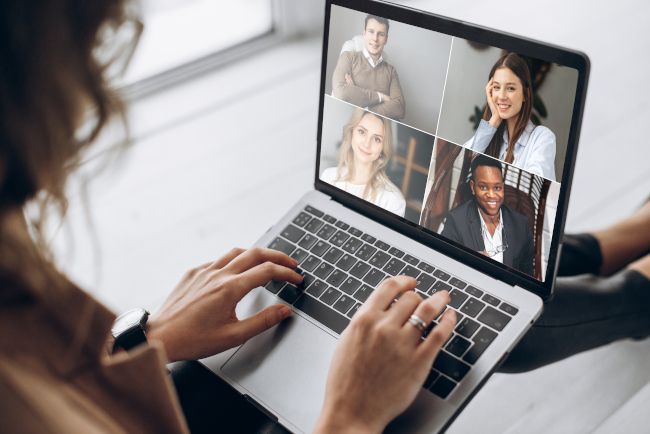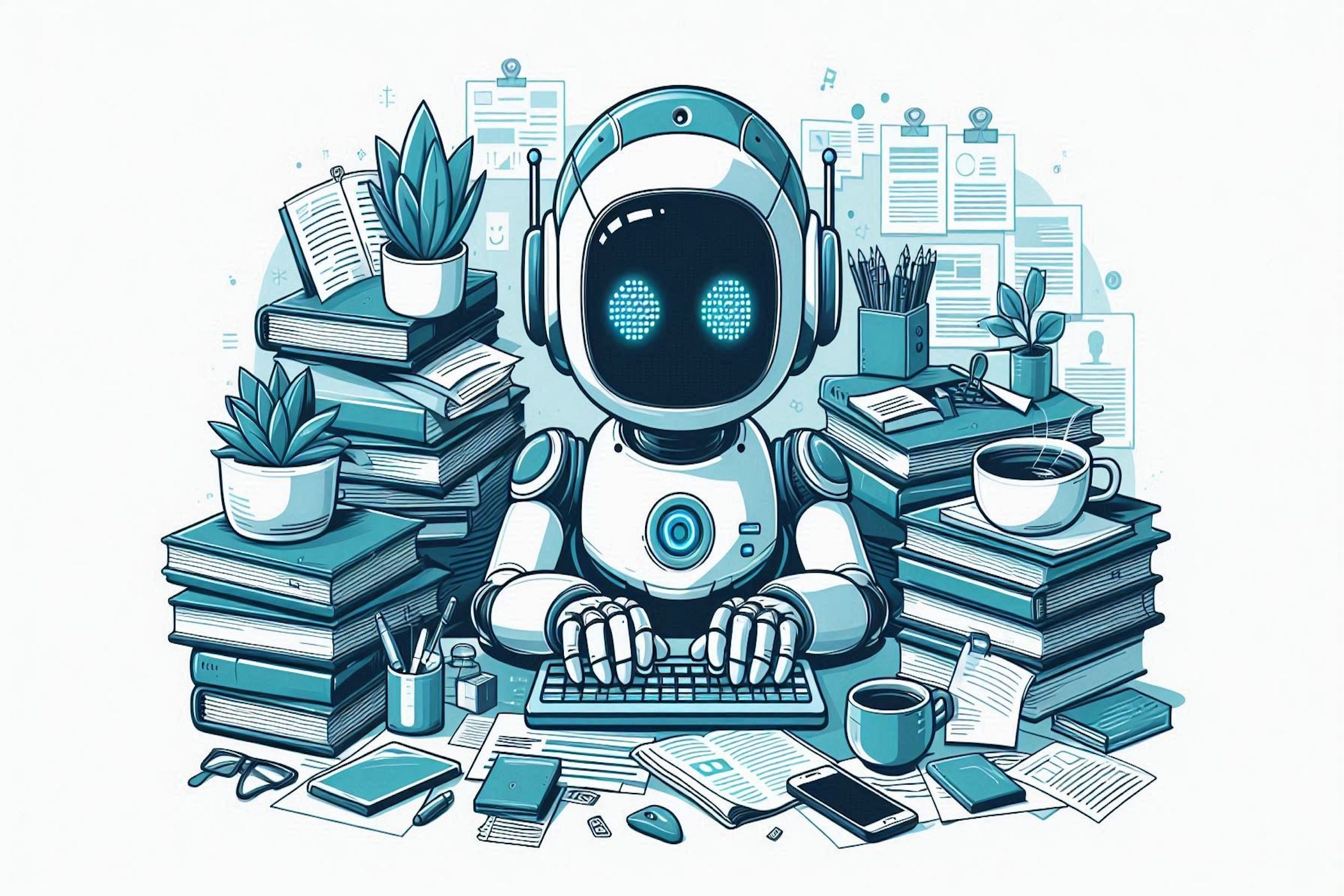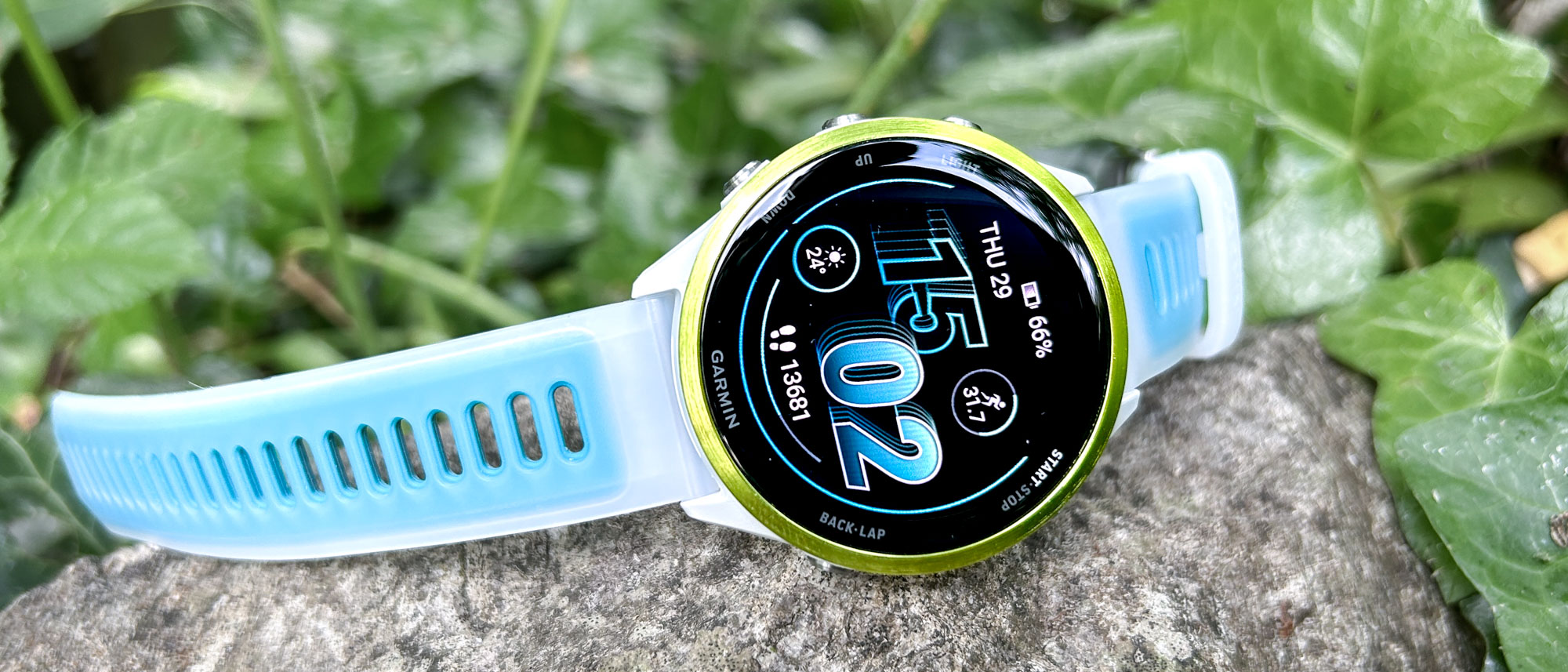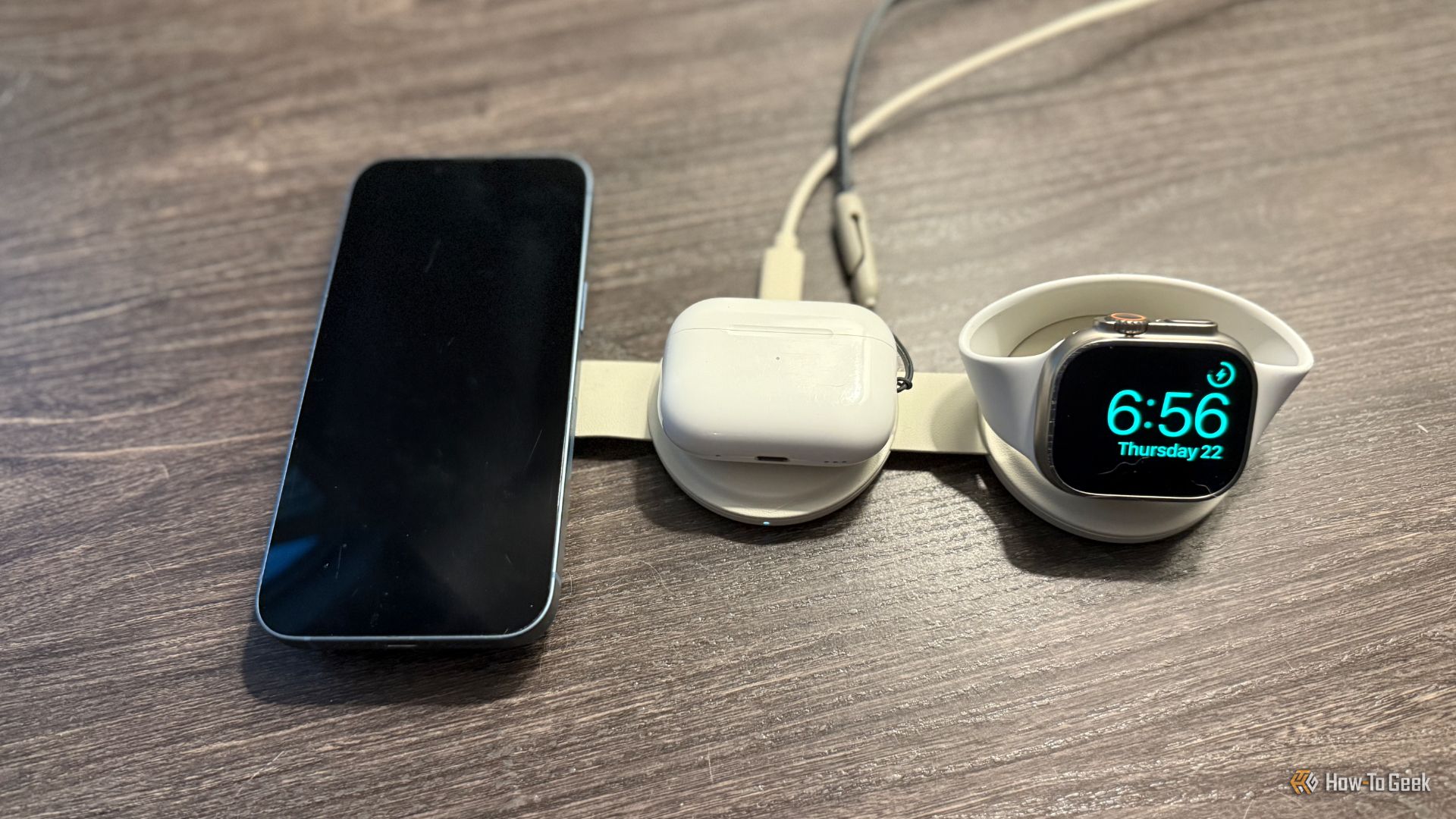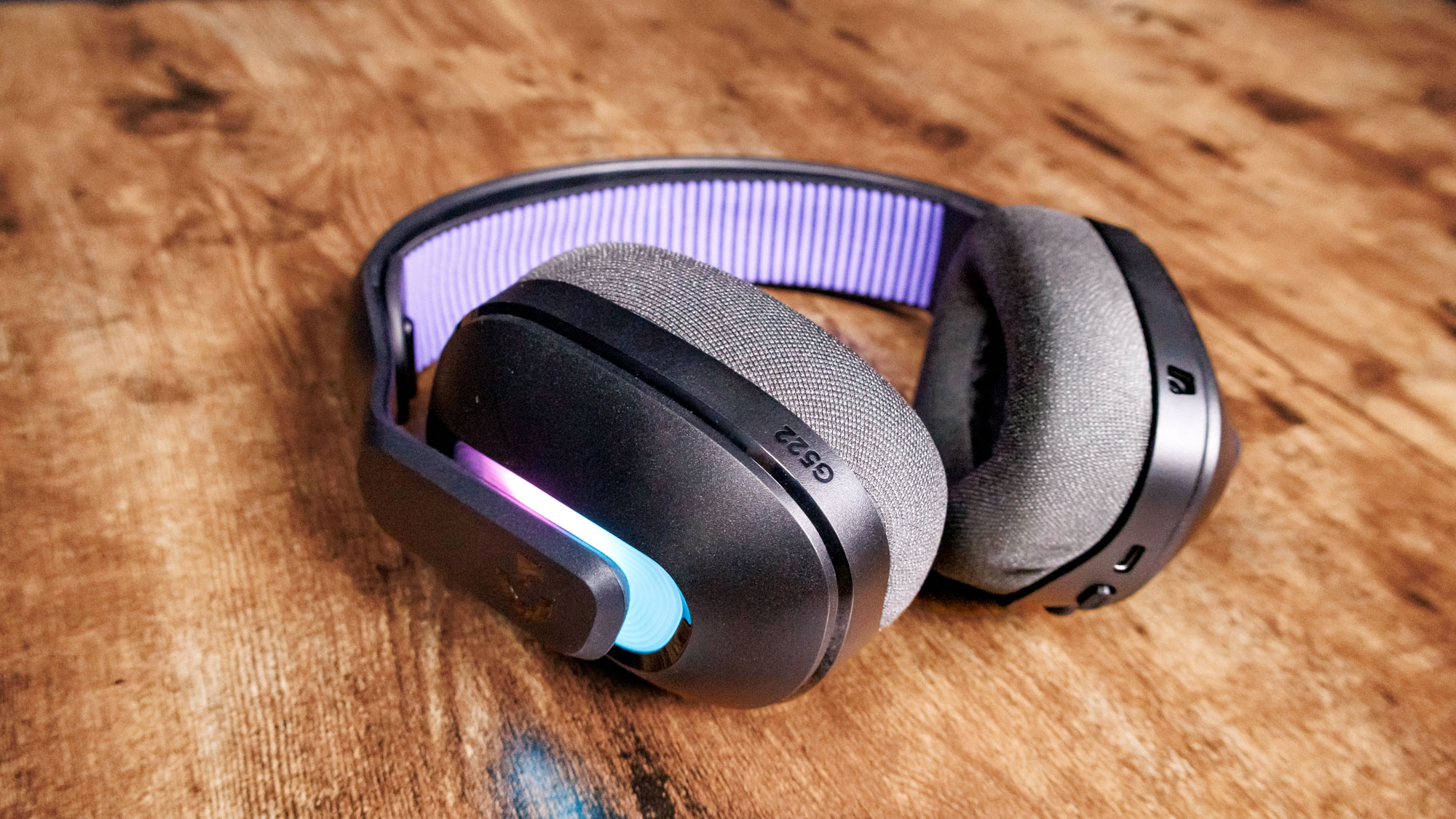
Summary
- AI interviews are becoming more common, with companies like Talently and HireVue leading the charge.
- AI hiring systems analyze candidates for job suitability using advanced technologies like NLP.
- Despite AI benefits, human judgment is essential for hiring decisions to ensure fairness and ethical considerations.
Picture this: you’re in a job interview, but instead of a human recruiter, you’re talking to an AI that’s analyzing every word, movement, and pause—welcome to the future of hiring.
Interviewing for a job will become a different process from what is commonly done today. With AI interviews, a real person will no longer be sitting across from you (either in person or over Zoom), and asking you questions. Instead, AI-powered interview software will be the one you’ll be facing. Let’s find out how this works and how you can stay one step ahead.
AI Interviews Are Coming
Talently, HireVue, and Interviewer AI are a few of the companies that have invested in building AI-powered hiring systems for tech-forward companies to use worldwide.
They claim to improve the chances of choosing the right candidate for the job by analyzing speech patterns and word choices to determine a candidate’s suitability for the role. The goal is to decrease the time in the hiring process and provide a more objective and faster method of hiring—and to save money while doing it.
Not all of these companies use AI for interviewing you directly—some focus on assessments, cognitive testing, or structured scoring systems.
How Do These AI Interviews Work?
Some smart AI hiring programs are being designed to analyze job candidates using an AI algorithm to come up with an overview profile, including a score, after the interview has been completed. The results are typically looked at by human recruiters and play a big part in the company’s decision about whether you’ll be hired or not.
The AI systems rely on advanced technologies that are available for this data analysis, such as Natural Language Processing (NLP). It uses machine learning to allow the AI to understand and communicate with humans, as well as analyze words and organize sentences.
The Potential Challenges and Concerns With AI Hiring
AI integrated into systems across different industries has its benefits, but there are concerns as well, especially in today’s highly virtual society. One big concern that keeps popping up is data privacy and security.
Data breaches have become increasingly common, so what are these AI hiring companies doing to make sure candidates’ data is being protected, and is their cloud storage security sufficient? There are also questions regarding what personal data is stored, where it’s stored, and who has access to it.
AI interviews are all recorded, including your responses, as well as an analysis of that data. What if a candidate does not consent to being recorded—does that mean their interview is invalid?
Another concern is AI bias—AI can be susceptible to making assumptions based on bias, or it may even miss key details. A study by the BBC, for example, showed that AI chatbots are still bad at facts.
Existing datasets that are used to train AI models may also have preset biases that relate to culture, gender, sexuality, disabilities, age, and race. AI may also rely on outdated, misinterpreted scientific information—this means that some candidates may be filtered out unfairly before a human gets to review. And how does it account for different accents, expressions, and cultural differences relating to communication? These are all real concerns.
If AI hiring systems are to become mainstream, companies must consider these aspects in AI’s future capabilities—to make sure human ethics are considered properly and that the AI can be as accurate and fair as possible.
How Do You Prepare for an AI Interview?
First impressions last, and that certainly holds true for job interviews—even if your interviewer isn’t even human. You can’t rely too much on your charm like you’d do with a human, but it doesn’t hurt to try. So what are some other ways you can impress a bot?
One key way to have a higher chance of success at an AI interview is to make sure to review the keywords in the job description and use them naturally in conversation. Try to minimize filler words that sound gibberish, though hesitation markers like “uh” and “umm” are okay since the AI can cancel those out.
Don’t speak too quickly, and pace your conversation. The AI may miss some keywords if you speak too fast or if you change the tone or pitch of voice too rapidly when answering a challenging question, it may interpret it negatively.
Just like normal interviews, you need to practice. Learn to articulate your thoughts and ideas without the constant reliance on filler words, and practice with a friend or family member. You can even create a test Zoom call. This will help you gain some confidence before the day of your interview arrives.
You should also try to make a good impression with the way you dress and your body language. This is because the interviews are recorded and can be reviewed by human recruiters at a later stage. We’re constantly told that maintaining eye contact is crucial, that it’s become a bit of a cliché. This also extends to remote interviews with AI over Zoom—make sure to sustain eye contact by looking straight into your webcam lens.
This non-verbal cue can contribute to your chances of getting the job, since this may be interpreted by the AI hiring system (or the human recruiter later reviewing) as a gesture of confidence. Combine it with a natural smile to convey that you are friendly and harmless—but make it sincere.
If the hiring team informs you that you’ll be interviewed by an AI system before your interview, consider yourself lucky. You can find the AI hiring software being used and research it on the web beforehand to make your chances of success even greater.
Asking a human recruiter before an interview, “Will an AI be interviewing me?” may just one day become the norm—though companies and human recruiters should make it clear when you get scheduled in.
AI Can Assist, but Humans Should Make the Final Call
Human intervention is still required in the hiring process. AI may do a good job at handling repetitive tasks like pre-screening a large pool of applicants, but humans still need to review the interviews and handle back-and-forth communication with candidates. The ideal goal is to not only become as efficient as possible in the hiring process, saving time for both the recruiter and candidate, but also to hire the right candidate for the job.
A fitting demonstration of that is Chipotle’s use of an AI hiring chatbot, which increased their application completion rates to over 85 percent, and reduced the time for hiring from 12 days to just four.
However, humans still need to have the last word when it comes to complex judgment calls and assessments on team and company fit. Human insight in these areas is indispensable. Companies building these hiring platforms also need to prioritize ethical considerations and transparency to make sure candidates aren’t evaluated unfairly.
All things considered, AI-driven interviews are now increasingly being employed by companies in their hiring process, and it can help them find the right candidates for the position. Companies and candidates alike should absolutely take advantage of the benefits AI provides. There are also different kinds of AI jobs that you didn’t know existed.
AI interviews might speed things up, but at the end of the day, hiring decisions should still come down to human judgment—because no algorithm can truly replace real human intuition and a good gut feeling. There are ways you can use ChatGPT to land your dream job.
Source link


